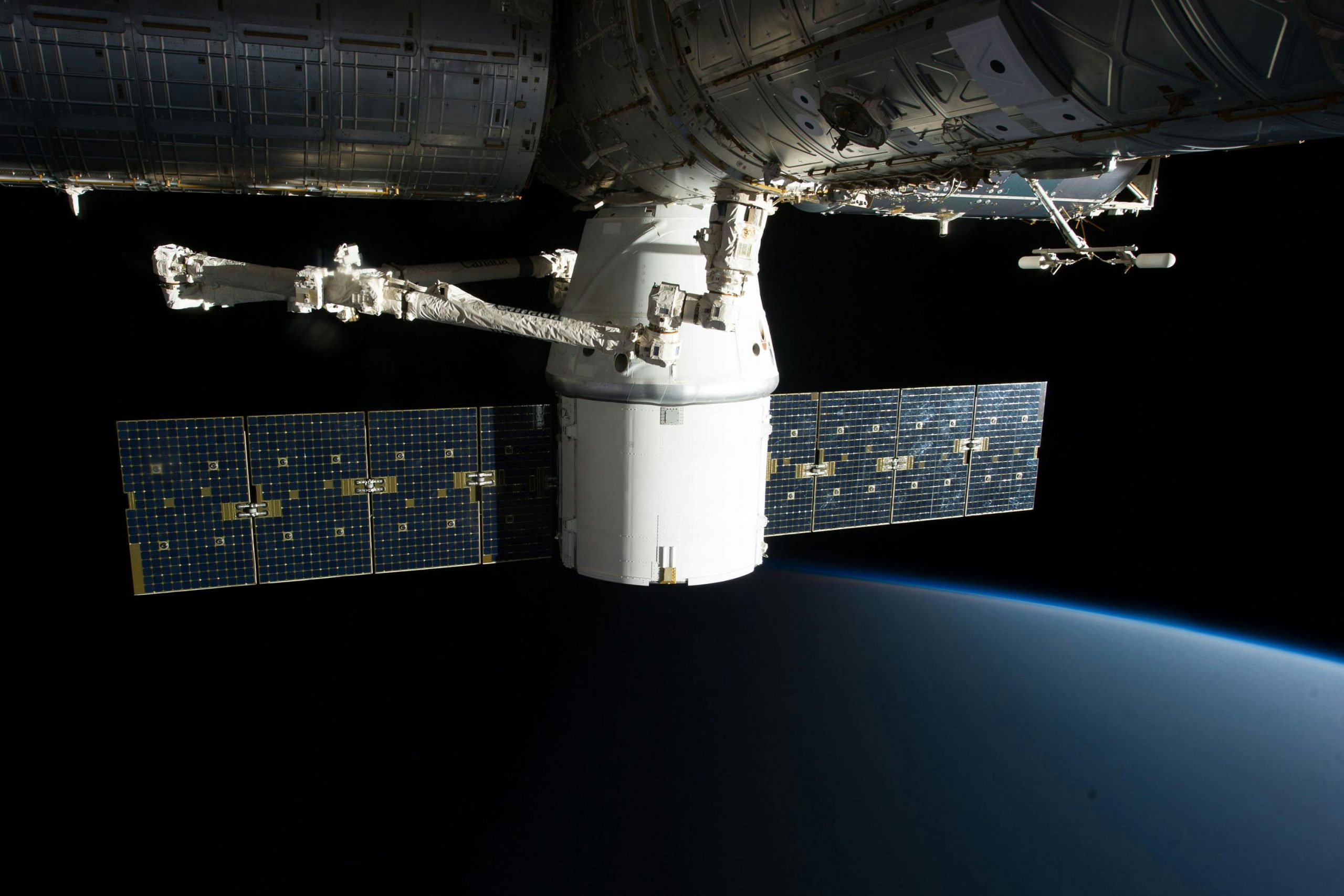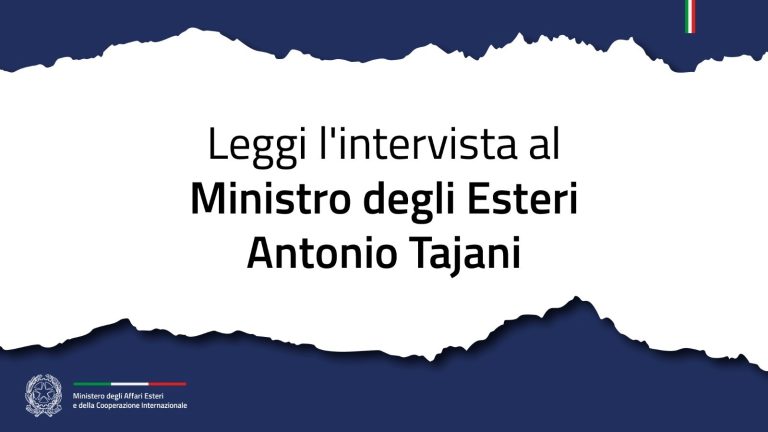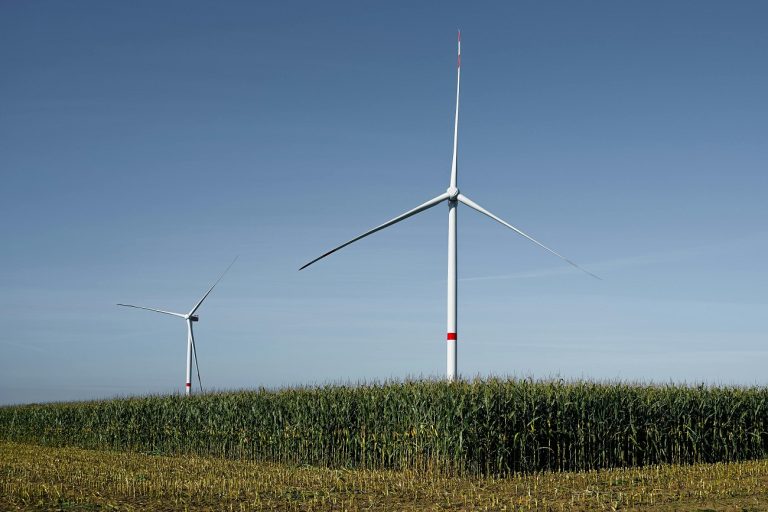The UK has a new industrial plan for space development. It has formalised its own “Space Industrial Plan (from Ambition to Action – Advancing UK Space Industry) – SIP” which, in line with the National Space Strategy of 2021 and the Defense Space Strategy of 2022, aims to drive growth in the sector until 2030.
Nearly 50,000 people are employed in the UK space sector, with labour productivity which is two and a half times that of the country. More than 18% of the country’s £370 billion (€334 billion) gross domestic product (GDP) is directly or indirectly related to global satellite services: from weather forecasting and mapping services to electricity grid monitoring and financial transactions. To date, however, over 90 per cent of the 1,590 active companies have corporate revenues of less than £5 million (€5.8 million). The aim of the SIP is therefore to nurture a dynamic ecosystem of growing space companies, stimulating innovation and safeguarding operational autonomy.
There are five key areas detailed in the SIP to achieve the industry’s aspirations, from satellite communications to Position, Navigation and Timing, i.e. the set of technologies to determine the ‘how’, ‘when’, and ‘where’ of an object in space such as GPS. The document also mentions space data for ground applications and in-orbit maintenance as crucial areas. Awareness of the space domain is equally important. It is an area that is essential for space security, i.e. the ability to acquire and manage data to ensure the country’s surveillance and tracking of spacecraft.
With a view to developing these areas, attracting investment and mobilising capital, the SIP hopes for greater involvement of finance, thanks to the experience and infrastructure of the City of London. These issues will be the focus of a Conference on space finance that the British government will host in the autumn. According to what is outlined in the SIP, domestically UK’s next steps should focus on public procurement, strengthening the pool of skilled labour and regulation, with the aim of removing the barriers that have so far prevented the industry from tapping its full potential.
Meanwhile, on the sidelines of the document presentation, funding has already been announced for Surrey Satellite Technology Ltd, a key player in the satellite manufacturing sector, which will thus be able to upgrade its Guilford facility with a “clean room” – a state-of-the-art contamination-controlled environment for research and development activities. Funding is also foreseen for five other projects aimed at greater collaboration between British space clusters.
The plan also foresees a very determined British attitude within the European Space Agency (ESA) in order to influence the agency’s programmes so that they are in line, as closely as possible, with comparative advantages and national needs. The country, however, will continue to invest in bilateral space relations within NATO and with the Five Eyes (the alliance that includes the United Kingdom, the United States, Canada, Australia and New Zealand), as well as with countries, such as Saudi Arabia, from which it could potentially reap greater commercial benefits.










